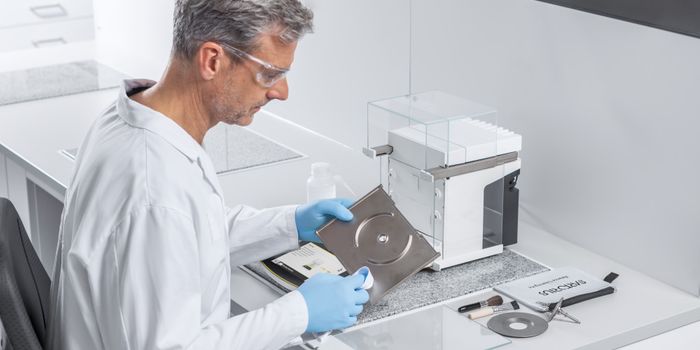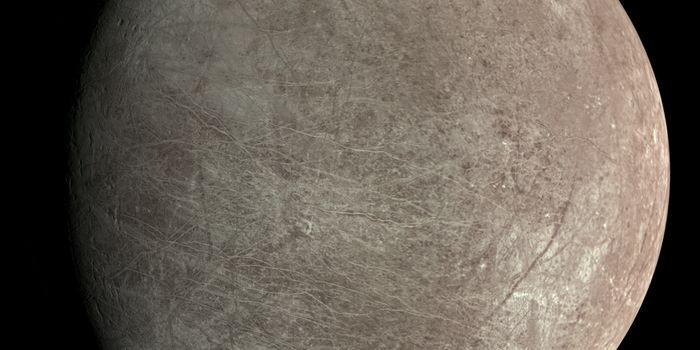Nuclear Physics Group Examines New Physics in Neutrons
A nuclear physics research group led by Dr. Douglas Beck at the University of Illinois Urbana-Champaign has recently been awarded a $650,000 research grant to conduct a three-year study into a unique interaction in particle physics known as the strong force. The grant will support the development of sensors based on nitrogen vacancy (NV) diamond, which has been found to be unnaturally sensitive to electric fields at low temperatures and will be tested in the nEDM experiment at Oak Ridge National Laboratory.
Artist illustration depicting the nitrogen-vacancy diamond sensor that will be developed from this research. (Credit: The Grainger College of Engineering at the University of Illinois Urbana-Champaign)
Dr. Beck explained the unnatural electric field sensitivity in the diamond is from impurities in NV.
“These impurities are regions with an extra nitrogen atom and a hole [or vacancy] where carbon atoms normally would be,” said Dr. Beck. “When the material is cooled to less than 20 degrees above absolute zero, the impurities form a quantum system that responds to electric fields. This is quite an unusual characteristic because not many systems respond to electric fields, and that makes NV diamond special.”
What’s even more intriguing is that when NV is prepared in a specific quantum state, this increases the sensitivity. The researchers are able to create what’s called a dark state, which is below the lowest energy state that occurs after the NV is cooled. The name dark state is aptly named due to its inability to interact with light.
“In a sense, the name is meant to suggest that it’s immune to interactions with the environment,” said Dr. Beck. “Because it is long lived, it has a very sharply defined energy that very accurately tells us how big the electric field is.”
Along with the sensors the researchers hope to develop, they also plan to examine the potential to increase the accuracy of the already-precise electric field measurements, along with potentially using NV in quantum science, as well.
What new discoveries will scientists make about particle physics in the coming years and decades? Only time will tell, and this is why we science!
Sources: EurekAlert!
As always, keep doing science & keep looking up!









